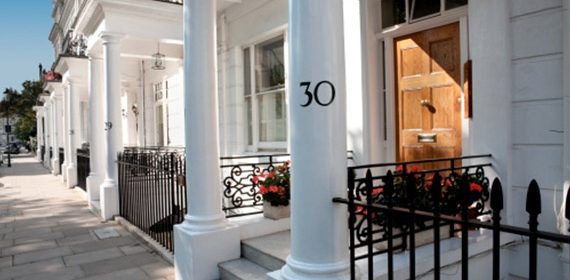Moving to the EU for a job opportunity, a change of pace, or just a few years in the sun, means a whole new way of life, and a whole new set of rules. Buying property is one of the most complex procedures most people undergo, and it’s tough enough negotiating with a seller who speaks the same language as you – things only get tougher when you’re buying abroad, so here are a few handy tips to help you buy your dream home in the EU:
- Check the required deposit – though mortgages are available for domestic buyers with as little as a 5% deposit, many countries require foreign buyers to stump up closer to 20% of the value in advance.
- Invest in an EHIC – As a member of the European Economic Area, UK citizens are currently entitled to a European Health Insurance Card (EHIC), which grants access to local medical care as if the holder was a citizen of the country they live in. EHICs are vital for expats, as they make healthcare much easier and cheaper to obtain than it would otherwise be, giving you peace of mind. Things may change once Britain leaves the EU, but for now an EHIC is a must when moving to Europe.
- Beware exchange rate fluctuations – Even a small dip in the value of sterling can put a dent in your deposit, so keep an eye on the foreign exchange market. It’s sometimes possible to “fix” your deposit before you actually pay it, by funding the purchase in advance. This allows you to reliably complete the purchase of your property without worrying about a fall in the value of sterling right up until the completion date.
- Understand local inheritance laws – many EU countries have inheritance laws which divide your estate evenly amongst your dependants. For example, if you own a French property, ownership would be automatically divided equally between your children and spouse upon your death, rather than entirely to your spouse as in the UK.
- Know what taxes you’ll have to pay – Purchasing a property abroad can open you up to many different types of tax; if you’re planning to rent your home out at some point, you may be subject to income tax, and if you sell you’ll likely be liable for capital gains tax. Make sure you understand what your tax exposure is, as the rates won’t be the same as in the UK, so you know how it will affect your financial situation.
Real estate in the EU presents some fantastic opportunities for buyers, and the right property at the right price could be a wonderful investment. Don’t get carried away, though, and be sure to do your sums before you commit to a purchase.

